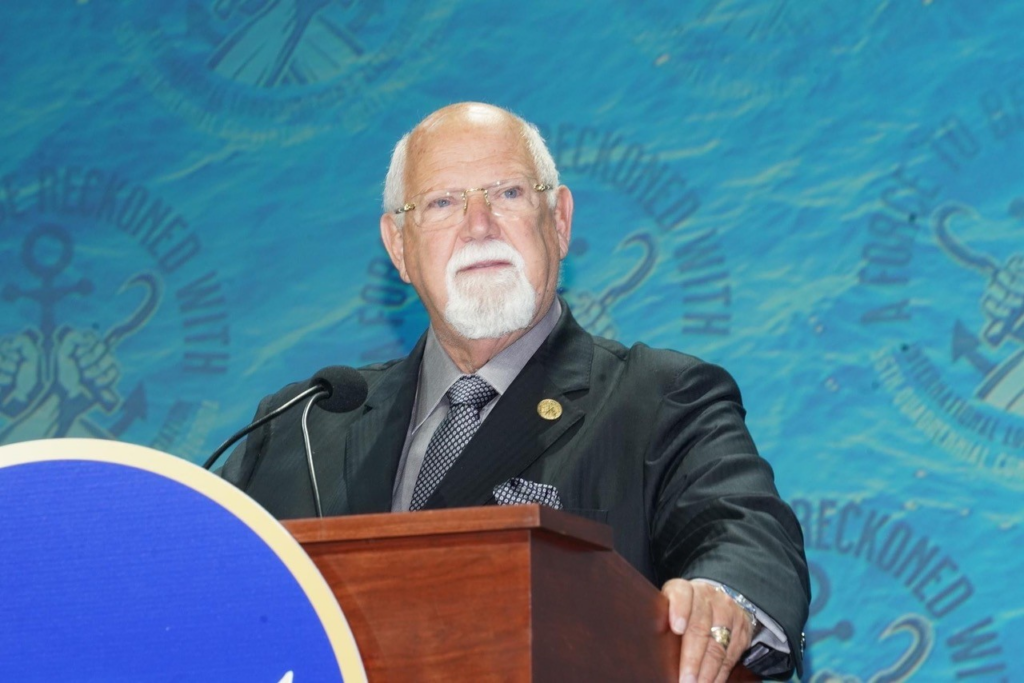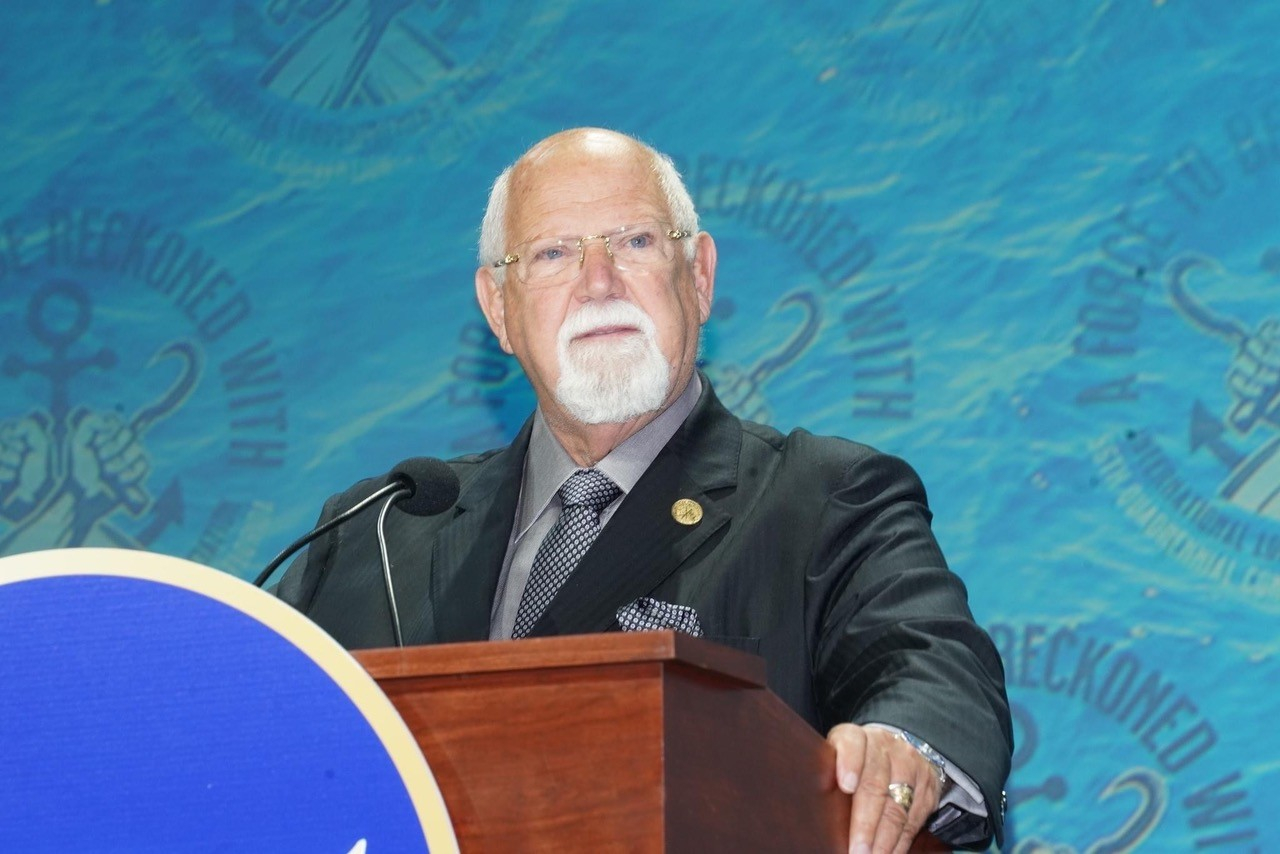
The largest union of maritime workers in North America, the International Longshoremen’s Association (ILA) and a group representing employers of the maritime industry in the ports from Maine to Texas, United States Maritime Alliance (USMX), have reached a tentative deal on a new contract Wednesday, averting a damaging strike ahead of a looming January deadline.
On Wednesday, the two bodies wrapped up these continued negotiations, sharing that they agreed on all items for a new six-year Master Contract – and avoided a work stoppage next week.
“We are pleased to announce that ILA and USMX have reached a tentative agreement on a new six-year ILA-USMX Master Contract, subject to ratification, thus averting any work stoppage on January 15, 2025,” the two sides said in a joint statement.
The deal is not complete until the union can meet with its full Wage Scale Committee and schedule a ratification vote, and USMX members can ratify the terms of the final contract.
Until then the dockworkers and their employers will continue to operate under the current contract.
However, specific details of the deal will not be released to allow ILA rank-and-file-members and USMX members to review and approve the final document.
“This agreement protects current ILA jobs and establishes a framework for implementing technologies that will create more jobs while modernizing East and Gulf coasts ports – making them safer and more efficient, and creating the capacity they need to keep our supply chains strong. This is a win-win agreement that creates ILA jobs, supports American consumers and businesses, and keeps the American economy the key hub of the global marketplace,” the ILA and USMX wrote.
The White House issued a statement mentioning that the tentative agreement between the International Longshoremen’s Association and the United States Maritime Alliance shows that labor and management can come together to benefit workers and their employers.
The ILA president Harold Daggett credited the president-elect Donald Trump for his support in reaching a successful, as he said, tentative agreement.
Harold J. Daggett cites a face-to-face meeting he had with Donald Trump at Mar-a-Lago in Florida on December 12 joined by his son and ILA executive vice president Dennis A. Daggett, as the chief reason the ILA was able to win protections against automation for his 85,000 members, and negotiate a tentative master contract agreement.
At the mid-December meeting in Mar-A-Lago, the two ILA leaders met for two hours with Trump and spelled out the cause for an impasse in negotiations with the ocean carriers represented by United States Maritime Alliance (USMX).
ILA executive vice president Dennis Daggett shared the ILA’s concern that America’s national security is threatened from cyber-attacks on automated equipment from China and other U.S. adversaries, an issue president Trump indicated was of great concern to him and his advisors.
Trump wrote on Truth Social after the meeting, “There has been a lot of discussion having to do with ‘automation on United States docks.”
“I’ve studied automation and know just about everything there is to know about it. The amount of money saved is nowhere near the distress, hurt and harm it causes for American Workers, in this case, our Longshoremen. Foreign companies have made a fortune in the U.S. by giving them access to our markets. They shouldn’t be looking for every last penny knowing how many families are hurt,” Trump wrote.
In early October, ILA and USMX, reached a tentative agreement on wages and extended the Master Contract until January 15, 2025.
Both parties agreed in October to return to the bargaining table to negotiate all other outstanding issues.
The deal ended the biggest work stoppage of its kind in nearly half a century, which blocked unloading of container ships from Maine to Texas and threatened shortages in some imported items, triggering a backlog of anchored ships outside major ports.
The port strike was still in its early days, but it would have had broad ramifications for the US economy the longer it continued.
The two sides came to the table prepared for four days of intensive bargaining to secure a contract.
For the first day and a half, discussions were productive, and both sides engaged in addressing serious issues.
However, talks broke down late on Tuesday, November 12, with Trump meeting in Mar-A-Lago the two ILA leaders in December.



